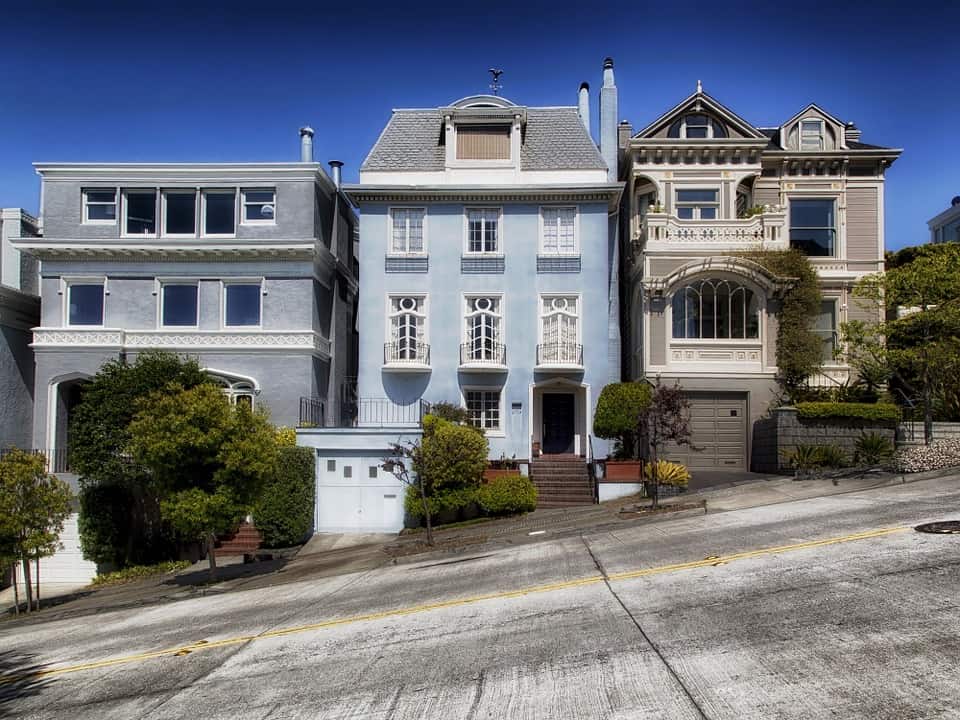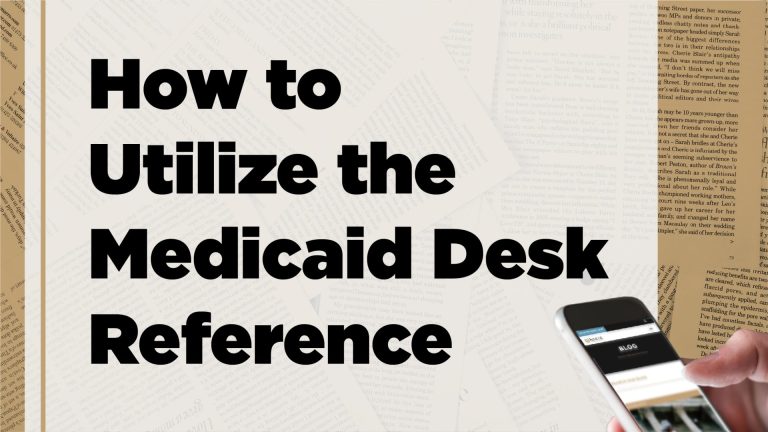Sale of Residence, IRC Reg § 121, and Trust Ownership

Disclaimer: Since Medicaid rules and insurance regulations are updated regularly, past blog posts may not present the most accurate or relevant data. Please contact our office for up-to-date information, strategies, and guidance.
Internal Revenue Code (“IRC”) § 121 provides that a taxpayer may exclude from taxable income up to $250,000 of the gain realized on the sale or exchange of a principal residence, provided that the taxpayer owned and used the home as a principal residence for periods aggregating at least two years during the five years before the sale date and did not take advantage of the home sale exclusion for other property within the two year period before the sale. A qualified married couple, as well as a surviving spouse, may exclude up to $500,000 under certain situations.
A principal residence may include a house, houseboat, house trailer or cooperative apartment, and whether or not it properly qualifies as a principal residence depends on all of the facts and circumstances. IRC Regulation (“Reg.”) § 1.121-1(b)(1).
The taxpayer may establish ownership and use for periods aggregating two years or more by showing ownership and use for 24 full months or for 730 days. The requirements of ownership and use may be satisfied during non-concurrent periods as long as both the ownership and use tests are met during the five year period ending on the date of the sale. IRC Reg. § 1.121-2(a)(3).
If either spouse filing jointly fails to meet the above requirements, the maximum limitation amount to be claimed by the couple is the sum of each spouse’s limitation amount determined on a separate basis as if they had not been married, except that each spouse is treated as having owned the property during the period that either spouse owned it.
IRC Reg. § 1.121(c)(3)(i) provides that if a residence is owned by a trust, for the period that the taxpayer is treated under IRC § 671 through 679 as the owner of the trust or the portion of the trust that includes the residence, the taxpayer will be treated as owning the residence for purposes of satisfying the two year ownership requirement of IRC § 121. In such an event, the sale or exchange by the trust will be treated as if made by the taxpayer.
Moreover, if a residence is owned by an eligible entity within the meaning of IRC § 301.7701-3(a) that has a single owner and is disregarded for federal estate tax purposes as an entity separate from its owner, the owner will be treated as owning the residence for purposes of satisfying the two year ownership requirement of IRC § 121 and the sale or exchange by the entity will be treated as if made by the owner. IRC Reg. § 1.121-1(c)(3)(i)-(ii).



